America The Egregore

Perhaps it is not new information to realize that the rank-and-file police and military are solidly on the side of Trumpism — White Supremacism, neo-Fascism; this crude, chaotic jumble of horrible ideas. But it was never revealed so blatantly before. The contrast between the overwhelming force used against #blacklivesmatter protestors in Washington — or against disabled people begging to be allowed to keep their health insurance benefits — and the police opening the barricades and taking Selfies with the MAGA protestors in the Capital was quite stark.
At this point, America — as an idea, a system of government, an enterprise — seems to have sunk into a terminal phase of entropic decline. I don’t know how the nation comes back from this level of idiocy. While this is terrifying, I also think it is potentially good — and certainly necessary. It begs the question: What do we do now? How do we act responsibly, as both death doulas, allowing the old and decrepit to die away, and midwives, supporting the birth of something new — the world we wish for; authentic, humane, ecologically sane, mystically re-enchanted?
I have been living in Tulum, Mexico, for the past months. Tulum is its own bubble of course — but it is also a microcosm where one can observe many trends in a concentrated form. As a whole, Mexico has been brutally served by its bellicose neighbor to the North. The drug cartels are awash in American-made guns, which get sold in vast quantities down here, fueling a culture of macabre, soulless violence.
In Democracy at Work, economist Richard Wolff explores how the 1994 NAFTA agreement and the structural adjustment programs forced on Mexico by the World Bank in collusion with the United States severely reduced the quality of life for all but the wealthy elite in Mexico: “NAFTA facilitated US-based multinationals’ exports into and investments in Mexico. This destroyed the livelihoods of millions of Mexicans, especially farmers and small shopkeepers, who faced unspeakable economic hardship unless they emigrated.”
When the cynical greed of the US financial service industry in promoting subprime-mortgage-backed securities led to the 2008 crash of the global economic system, millions of Mexicans who had escaped to the US lost their jobs. This caused a ripple effect, as the money these emigrants sent home had become essential to Mexico’s post-NAFTA economy. “Mexico quickly descended into social disintegration, marked by spiraling unemployment, the explosion of the drug industry, police and government corruption, and daily accounts of violent social decline.” The Structural Adjustment programs reduced the quality of life for the average Mexicans as much as 25%. Social services were reduced or eliminated and public infrastructure was privatized. Due to the cumulative effect of these financial maneuvers, Mexico remains inexpensive for tourists and travelers from abroad.
As the center of Empire over the last half century, the United States had great influence over the global financial system, designed to extract value from the global poor as well as from “developing” countries and transfer this capital to the financial elite. The .1% now control far more wealth than the vast majority of the world’s population. Economic inequality was already out of control. As a result of the pandemic, it has further skyrocketed.
The most serious issue, when we peer into the near future, is the ecological emergency, which threatens us with catastrophic systemic failure and extinction as a species. Historically, America has been the world’s greatest contributor to climate change, although China is now catching up. The ecological emergency and wealth inequality are not separate phenomena but intimately related. Trump, a billionaire, is also a steadfast climate change denier — but Obama bragged about fracking as one of his major policy accomplishments.
When I see the MAGA crowd storming the capital, I find it, ultimately, an expression of our deep ecological dysfunction, a result of our systemic disconnection from nature. The arrogance and stupidity of Trump supporters, mind-controlled by media which has turned them into zombies, is a result of an ecological imbalance that is reflected in our food system, our health system, our cultural and media systems. While aspects of this system have spread across the world, the US remains the epicenter. Our culture spawned fast food, junk television, anti-depressants, along with other expressions of monocultural Capitalism that amputate people from organic life and natural cycles.
As Henry Miller wrote in his American travelogue, The Air-conditioned Nightmare, “I had to travel ten thousand miles before receiving the inspiration to write a single line. Everything worth saying about the American way of life I could put in thirty pages. Topographically, the country is magnificent — andterrifying. Why terrifying? Because nowhere else in the world is the divorce between man and nature so complete. Because nowhere have I encountered such a dull, monotonous fabric of life as here in America. Here boredom reaches its peak.”
One reason for the rise of Right Wing authoritarianism and the popularity of conspiracy theories like Qanon in the US is, I suspect, the stultifying boredom of mainstream American life. Our vacuous mass culture refuses to acknowledge any sacred or transcendent dimension to existence. It reduces everything to cliches, canned laughs, marketing tropes. Deep down, people yearn for access to some kind of mythological world or mystical revelation — or life becomes, by slow degrees, unbearable. Catharsis or transcendence must be attainable — somewhere, somehow. If they can’t access it in a positive way, the instinct for transcendence turns negative.
I consider initiation to be more than a cultural or psychological need; closer to a biological necessity. In The Biology of Transcendence, Joseph Chilton Pierce argues that we are hardwired to seek non-ordinary states of consciousness with the goal of breaking free from our ego-bound individuality. The prefrontal cortex developed recently, over the last few hundred thousand years. It makes us human, giving us the ability to plan for the future, use abstract symbol systems like language or math, and it also gives us our sense of a unique, separate identity. But unless we undergo initiation into transcendent states, it traps us in the prison of our ego-based identity.
When the MAGA hordes storm the Capital, they are seeking, however dopily, a direct experience of transgression or religious ecstasy — connection to something, some force, greater than themselves. They want to be submerged in an event that requires their total, ecstatic participation. Carl Jung saw Naziism as a regressive movement compelling the individual’s submersion under the “dark waters” of the Psyche. The counterclockwise movement of the Swastika’s arms expressed this movement backward toward the unconscious, rejecting the curse of individuation to surrender into the mass. Trumpism seems to have a similar draw.
This way of understanding, I think, helps us see the humanity in the MAGA minions, although it doesn’t render the movement any less dangerous. As Elias Canetti wrote in Crowds and Power, a meditation on the magnetic appeal of Fascism: “As soon as a man has surrendered himself to the crowd, he ceases to fear its touch. Ideally, all are equal there; no distinctions count. Not even that of sex. The man pressed against him is the same as himself. He feels him as he feels himself. Suddenly it is as though everything were happening in one and the same body.” That is an experience, a form of transcendence, that people unconsciously long for — some seek it in raves, religious ceremonies, or orgies. But wars and revolutions offer a similar thrill.
‘RIGHT’: The MAGA horde encountered little resistance as they entered the Capital and terrorized Congress.
‘LEFT’: The #blacklivesmatter protests in Washington DC, on the other hand, were met by excessive police and military force.
In my 2017 book, How Soon Is Now, I proposed a systemic redesign of human civilization to avert ecological catastrophe. Sting and Russell Brand wrote introductions.
In past books I have proposed what I see as the only path to the solution. The scientific and technological worldview, defined by materialism, is also a mythological construct. When a critical mass of us realize this, we will define a new worldview, a new liberating myth that helps to liberate humanity from its “mind-forged manacles.” We will reintegrate initiatory processes and the exploration of non-ordinary states as basic aspects of our human being- and belonging-ness. Our technological civilization lacks healthy avenues to reach transcendence. People still seek initiation via altered states of consciousness, but either push blindly toward self-destruction (through drugs, other addictions, suicide) or they turn against the world that has denied them any meaningful hope or possibility, as in the isolated teenage boys who execute school shootings.
The kind of solution I am pointing toward obviously has nothing to do with neoliberalism, technocracy, or the Democratic Party of Obama, Biden, and Clinton. If anything, I agree with the visionary Jose Arguelles that we should envision and construct a “post-technological civilization” where we turn our attention toward cultivating our inner, psychic resources, probably starting in smaller, committed communities. The nation-state seems an antiquated construct that should be dismantled. In any case, artificial boundaries will soon start to break down along with our ecosystems.
On an occult level, America is an “egregore,” a collective thought form. From its inception, America was intended by its Masonic founders to embody a particular destiny, summed up by the slogan on the back of the quarter: “E Pluribus Unam,” “From the Many, One.” On an external level, it does seem to be the case that we are moving inexorably toward One World Government of some sort. We can now see that the Silicon Valley-based information revolution has unleashed the capacity to establish a world system based on inescapable, continuous surveillance. We are already there to some extent.
Right now, we still have the potential — however unlikely we are to achieve it — to unify our human family behind a shared vision and mission. I tried to describe how that might work in my 2017 book, How Soon Is Now (available as hard copy, Kindle or audible). Essentially, we need to redesign our technical, political and economic infrastructures so they support collective flourishing and ecological regeneration. I suspect a system that melds local democracy and some form of universal basic income with sustainable technologies that can be scaled exponentially is the only alternative is authoritarian control and ecological meltdown. As Buckminster Fuller realized in the 60s, our choice seems to be “Utopia or Oblivion,” with nothing in-between.



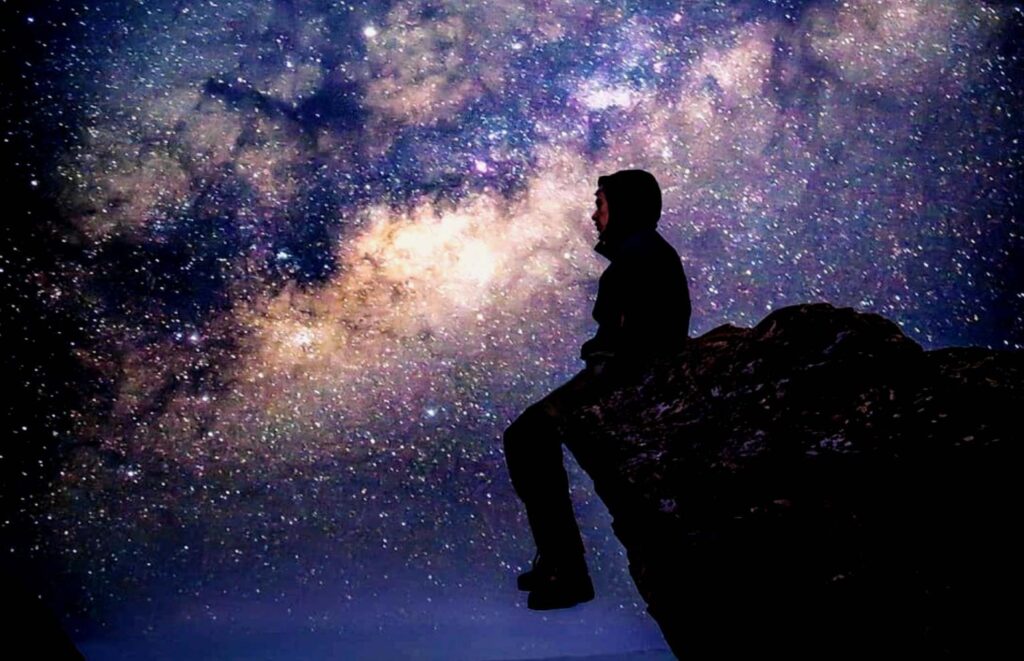
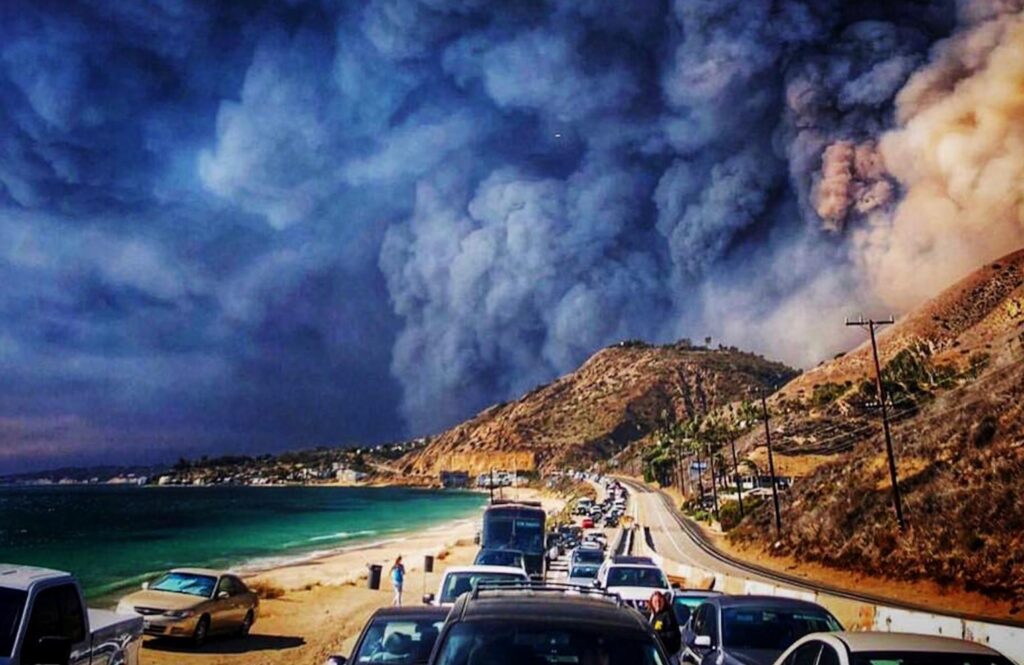
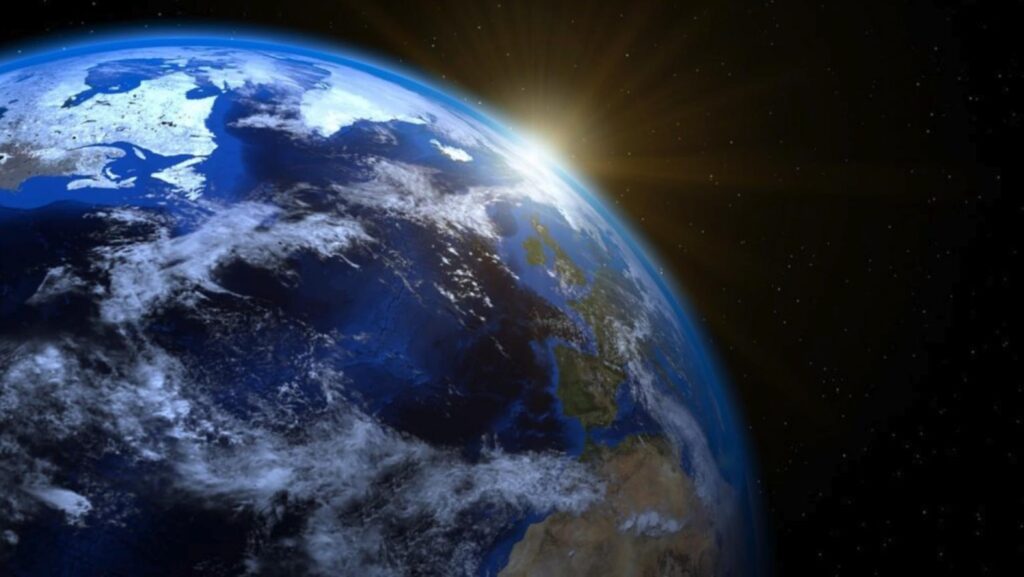
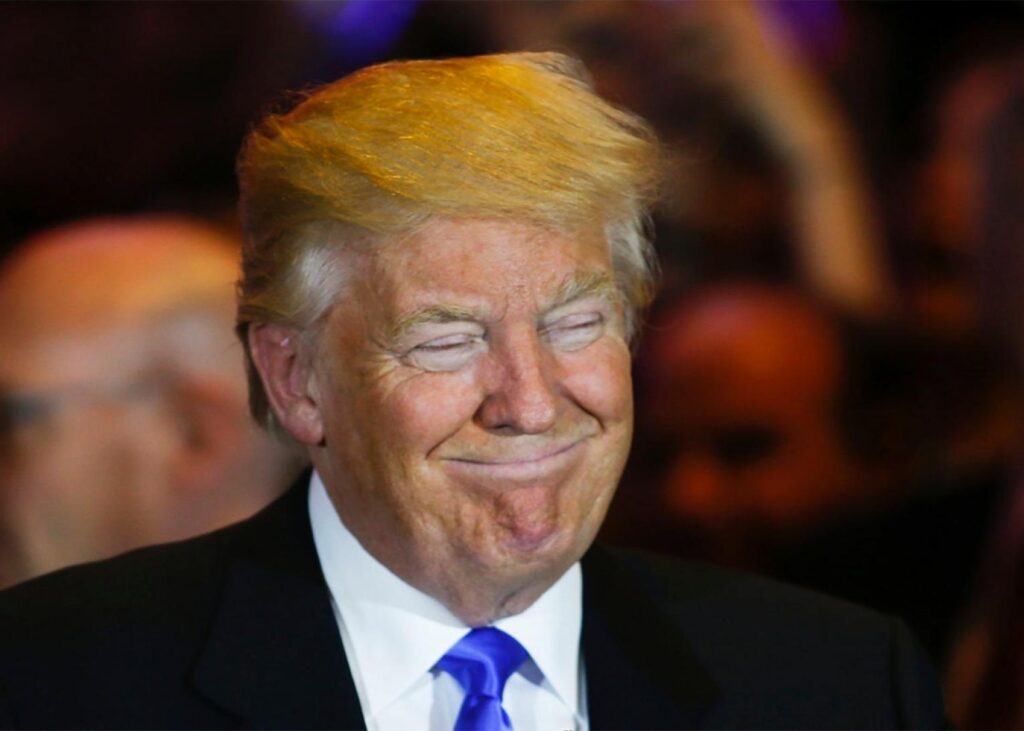
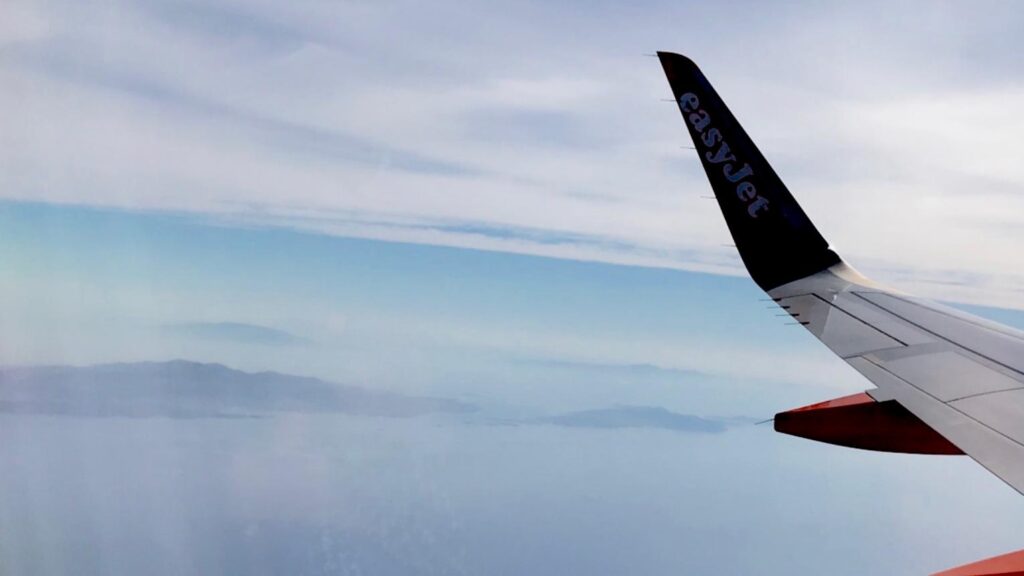


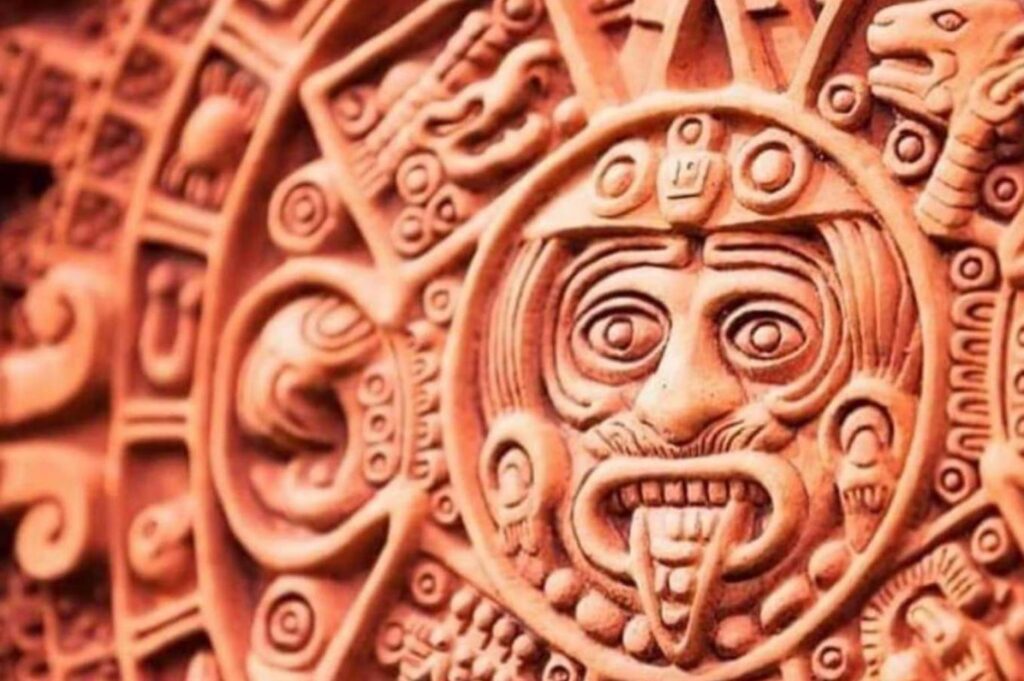
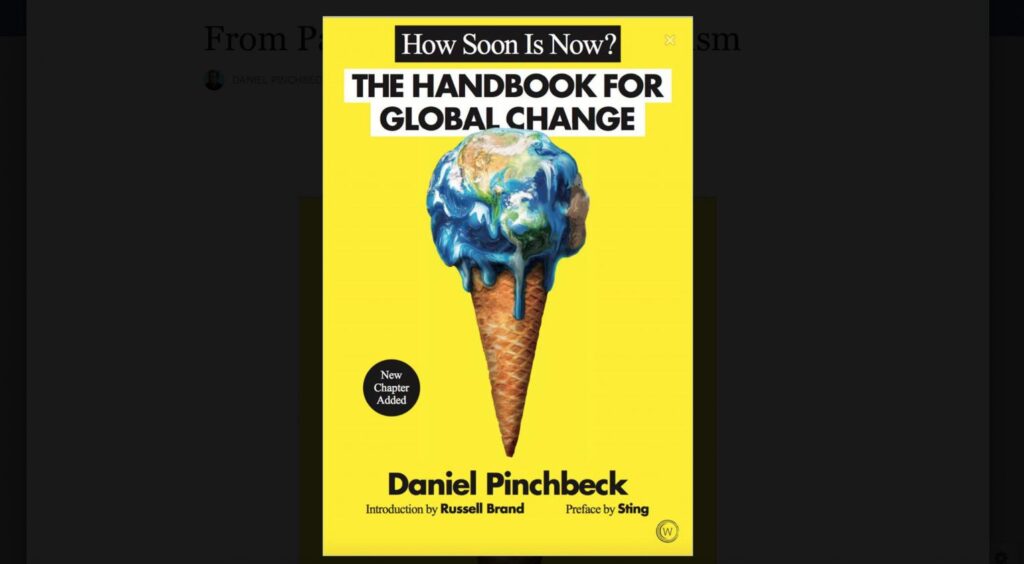
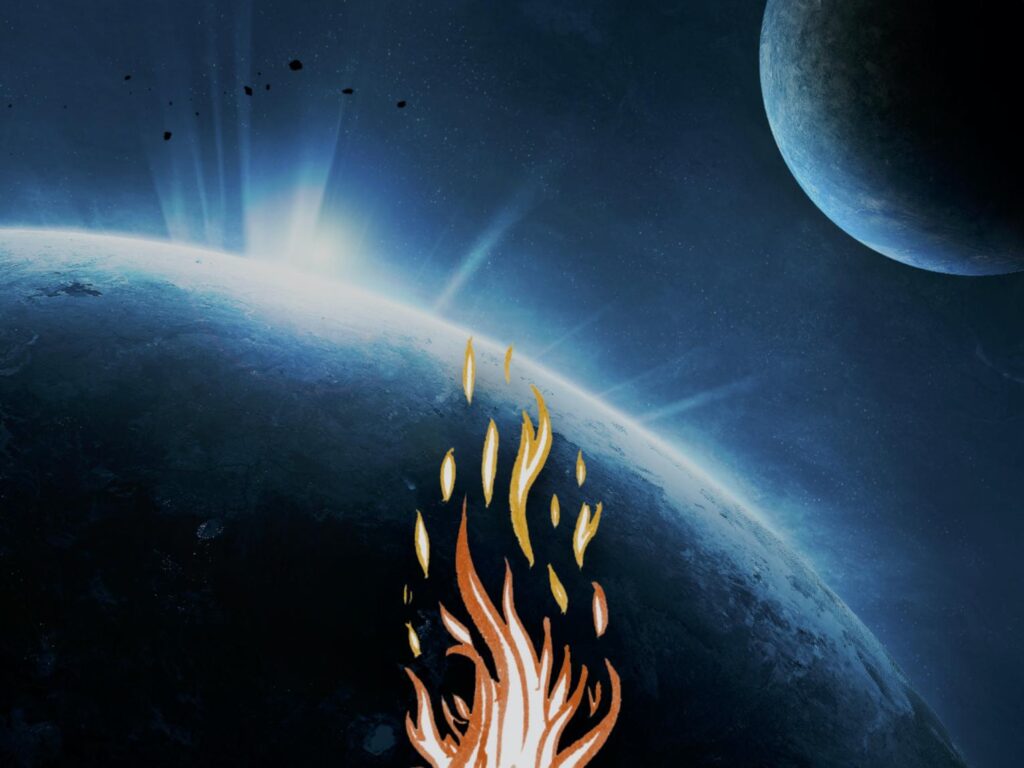


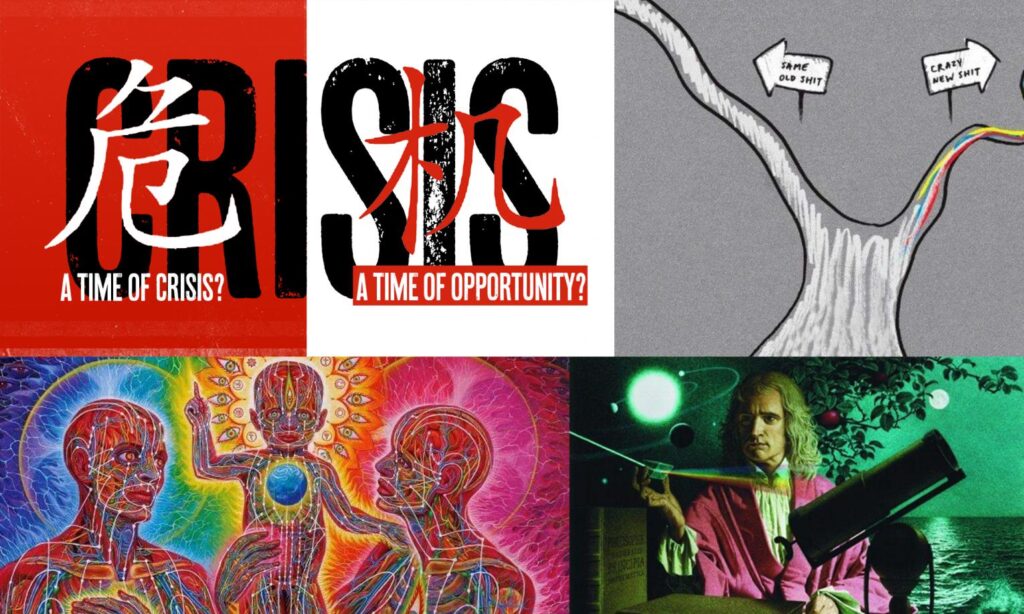
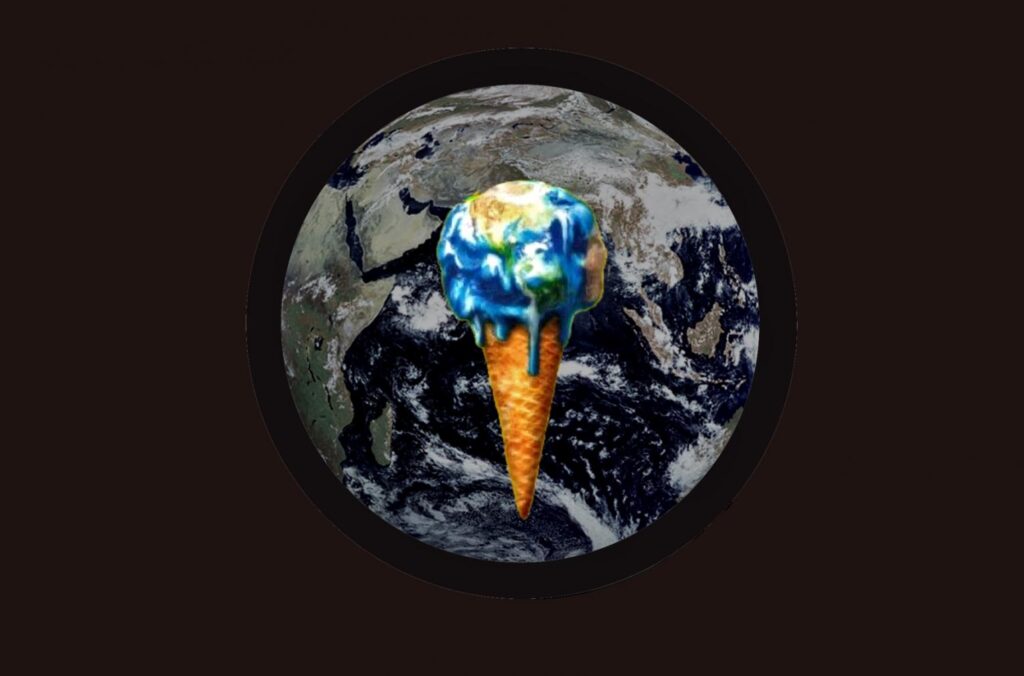
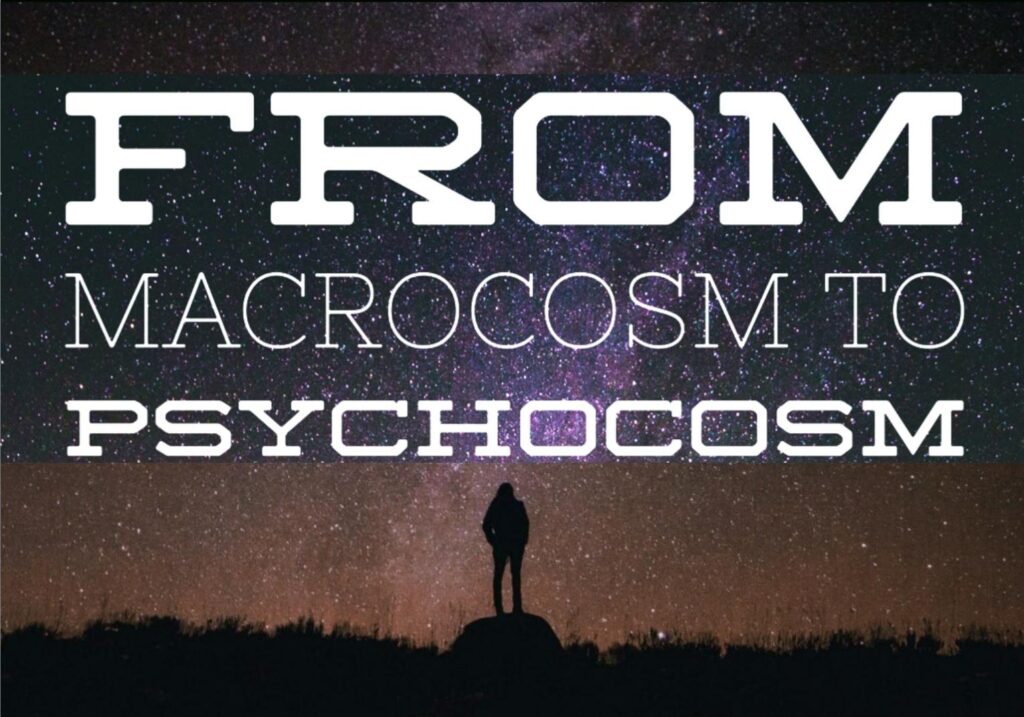
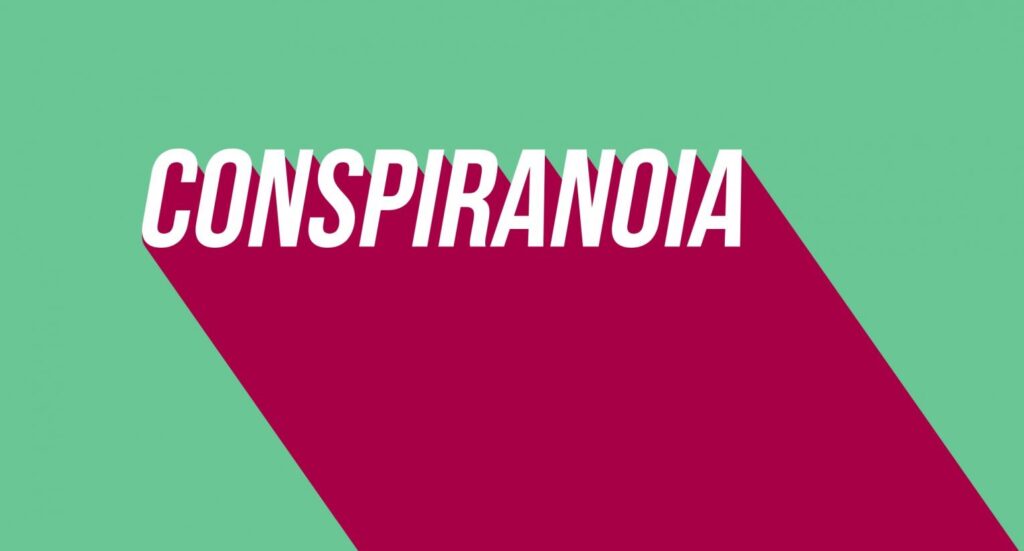
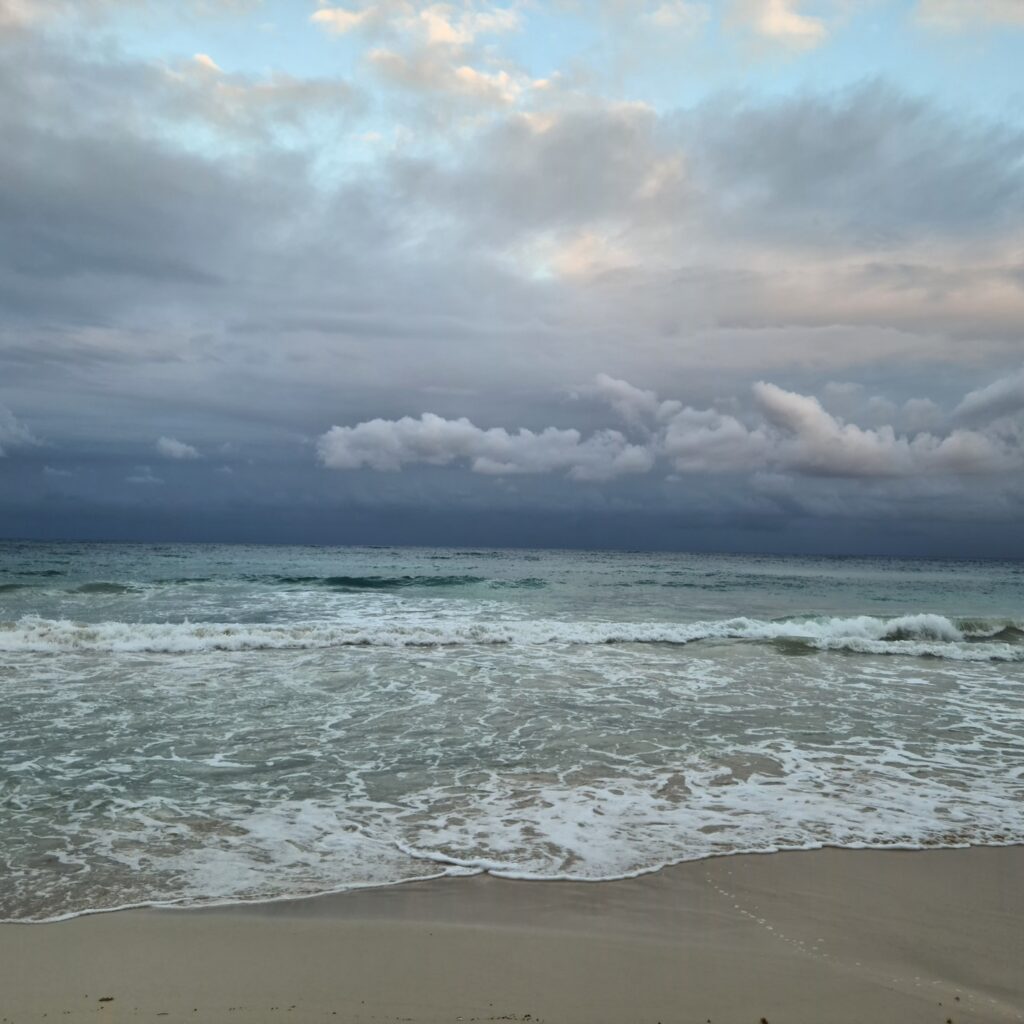
Responses